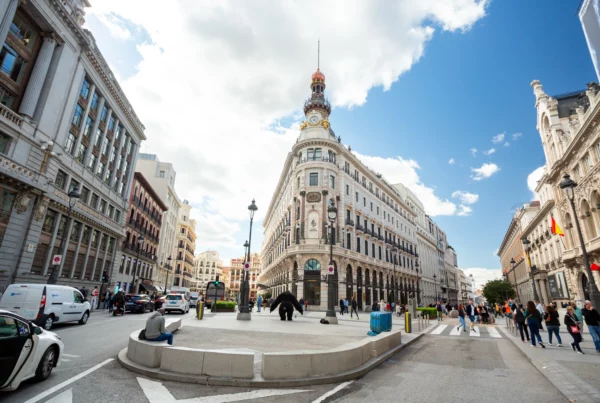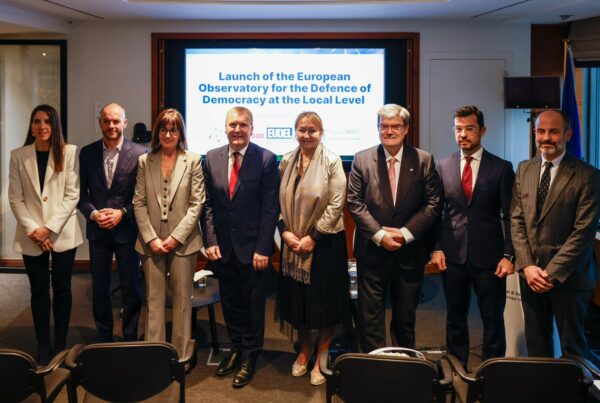Heraklion in Greece is implementing smart city practices through interdisciplinary cooperation
The municipality of Heraklion in Greece elaborated a strategic plan among which one pillar is “Heraklion: Smart City”. This smart city strategy aims at fully achieving the potential of the city’s resources while consolidating domains in which the city has been lacking.
Heraklion’s Smart City Strategy was built using a durable and integrated approach in order to sustainably tackle urban challenges. As such, the city participates in the Covenant of Mayors for Climate and Energy. Heraklion also released its Sustainable Urban Development Plan. Approved by the city council and ratified by the Regional Government of Crete, this Plan is a project worth 14 million euros of European funding to provide for long-term sustainable urban design and development.
According to a study by the European Parliament “Mapping Smart Cities in the EU,” Heraklion performs well in three smart city axes: governance, economy and citizen participation. This contributed to a holistic approach with solutions positively affecting all stakeholders: individual citizens, businesses, communities and the whole city.
“Heraklion: Smart City” made a significant difference in the day-to-day organisation of Heraklion:
- Broadband infrastructure has reached 100% coverage.
- Citizens enjoy access to more than 160 e-services via the municipality’s portal.
- Volunteer groups coordinate community outreach events to help the city.
- The Dimoskopio, a multidisciplinary organisation whose goal is to promote entrepreneurship and innovation with the intention of improving the economic stability of Heraklion, was created.
To learn more about this and other local best practices, check out the website of URBACT, the European territorial cooperation programme which aims to promote sustainable integrated urban development in cities all over Europe.
Since 2021, the RFSC tool has been used by cities and partners of the “Global Goals for Cities” URBACT network, supporting the localisation of the SDGs across 19 European cities.

Project Lead – Climate, Energy & Urban Development






